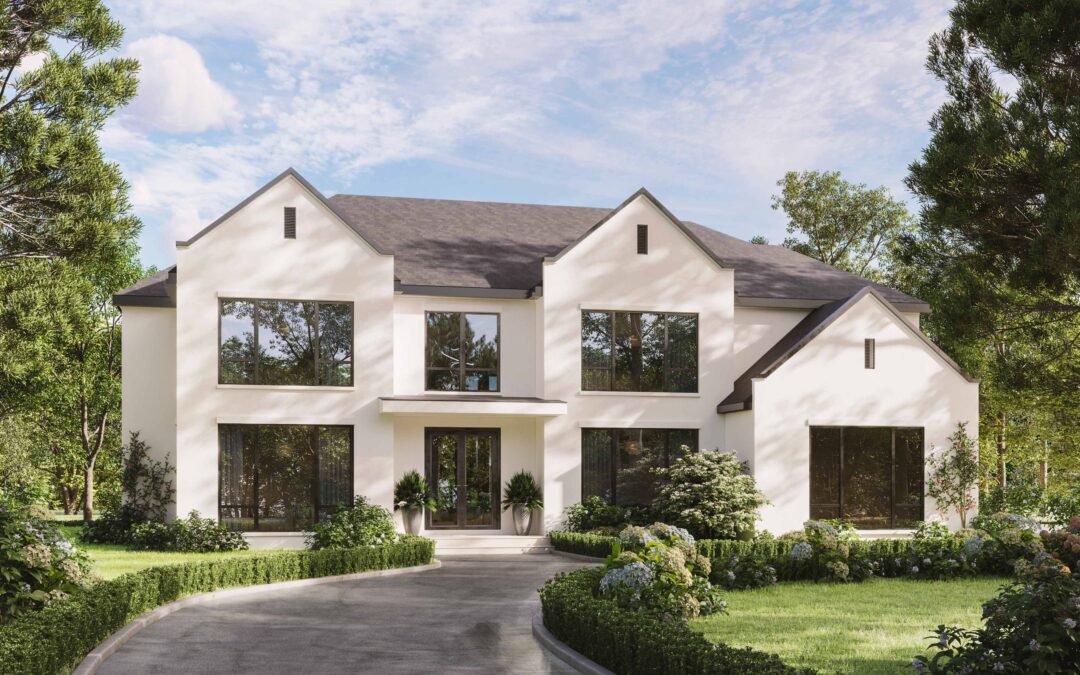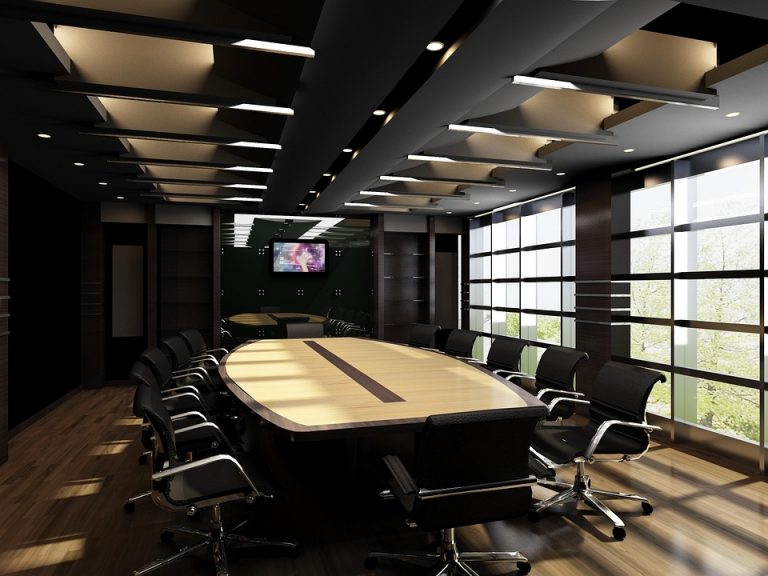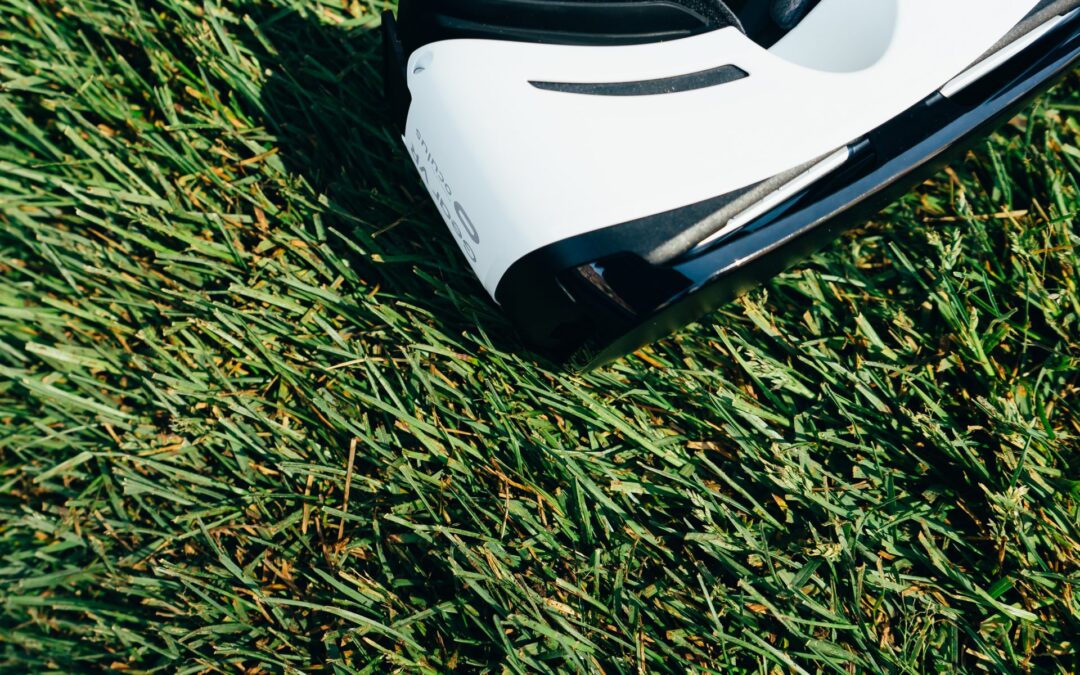
How is VR Helpful for Custom Home Building
Harnessing Virtual Reality (VR) in Custom Home Building: A New Age Revolution
The home-building industry, steeped in tradition and craft, has always been a fertile ground for innovation. From the dawn of the first architect’s compass to computer-aided designs, every new technology has played a transformative role. In the current era, Virtual Reality (VR) stands at the forefront as a groundbreaking technology that offers unparalleled advantages to custom home builders, promising a fusion of innovation with tradition.
Breathing Life into Blueprints with Enhanced Real Estate VR Visualizations
Gone are the days of mere 2D drawings and static 3D renderings. VR technology is reshaping client presentations. Imagine donning a VR headset and stepping into the foyer of your dream home or walking into a custom-designed kitchen before it’s even built. This sensory-rich, immersive preview is a quantum leap from traditional visualization methods. Not only does it allow homeowners to tangibly experience their dreams, but it also provides a holistic understanding of design elements, finishes, and spatial layouts. VR transcends imagination; it’s a gateway to experiential reality.
Accelerating Dreams with Faster Decision-Making
Traditional design reviews often involved lengthy discussions, primarily because of the gap between what’s on paper and what’s in the client’s mind. With VR, that gap narrows considerably. Real-time visualization means clients can see, adjust, and finalize design elements on the fly. Whether it’s the hue of the living room walls or the texture of the bathroom tiles, every tweak is instantly viewable. This interactivity leads to reduced decision-making time, ensuring the design process is fluid and efficient.
A Symphony of Ideas: Improved Client Communication
The home-building journey is a collaborative dance between architects, builders, and homeowners. VR offers a synchronized platform for this dance. No longer do teams have to rely solely on blueprints and mock-ups. With a VR headset, everyone—be it the architect in New York or a client in Tokyo—can convene in the same virtual space. This uniform visualization eliminates ambiguity, reduces the scope of misinterpretation, and fosters a spirit of holistic collaboration.
Building Right the First Time: Reduced Errors and Change Orders
Errors in the construction process aren’t just setbacks; they’re costly missteps that can escalate project budgets and timelines. Fortunately, VR acts as an invaluable auditing tool. By simulating the complete home in a virtual space, teams can run detailed walkthroughs to identify potential design issues, structural flaws, or aesthetic mismatches. This early detection is pivotal in preventing time-consuming and expensive reworks, ensuring the project remains on track.
The Future Showcase: Using VR to Attract New Clients
In a market saturated with builders, standing out is crucial. VR offers custom home builders a dynamic tool to make a memorable impression. A VR tour, with its intricate detailing and interactive design, can be exponentially more compelling than a slideshow or a brochure. By crafting immersive experiences for potential clients, builders can showcase their innovation, dedication to quality, and commitment to delivering unique homes.
Enhancing Client Relationships with VR
An often under-discussed aspect of VR is the trust it fosters. When clients can virtually step into their future homes, witness the beauty of design, and have a say in customization, it instills confidence. They’re no longer investing in an idea but a tangible experience, which strengthens the bond between the client and the builder.
Conclusion
As technology expands, Virtual Reality stands out as a beacon for the custom home-building industry. It’s more than a tool—it’s a paradigm shift, propelling every phase of home-building into the future. At Radical Galaxy Studio, our journey with VR has been transformative. Working closely with both home builders and homeowners, we’ve seen firsthand the monumental difference VR brings. It’s not just about constructing homes; it’s about crafting dreams and memories. For custom home builders and clients alike, VR isn’t a mere glimpse into the future—it’s the present shaping the homes of tomorrow.





